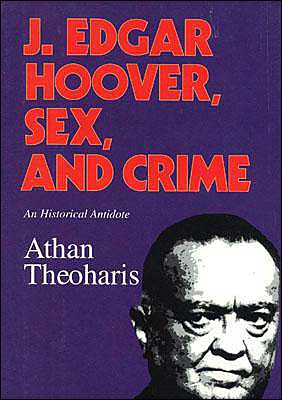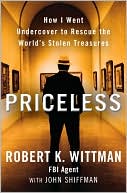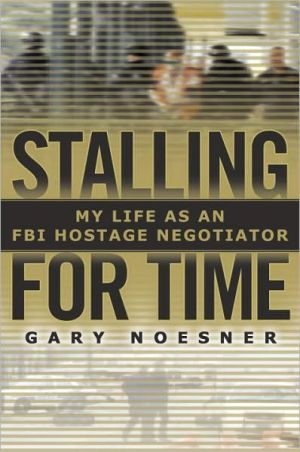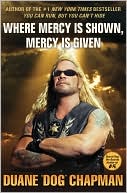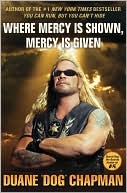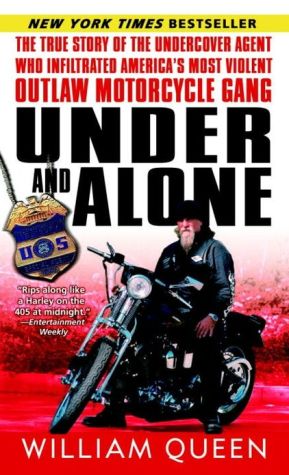J. Edgar Hoover, Sex, and Crime: An Historical Antidote
Was J. Edgar Hoover a homosexual? And did organized-crime leaders, knowing this, blackmail the FBI director into leaving them alone? These charges won almost instant popular acceptance when they were aired in a sensational biography of Hoover in 1993. But Athan Theoharis, the foremost authority on Hoover and the FBI, here shows that the accusations are spurious—and not nearly as intriguing as Hoover's real attitudes toward sex and organized crime. Theoharis takes apart the argument for...
Search in google:
The acknowledged authority on Hoover unravels the popular charges of his homosexuality and explains why the FBI director was so interested in sex-related information, and why he failed to combat organized crime. A meticulous account of the real excesses perpetrated by the FBI under Hoover's direction. --Arthur Schlesinger, Jr. Publishers Weekly The author of this freshly informative study addresses the late FBI director's alleged homosexuality and the rumor that the Mafia, having acquired evidence of it, blackmailed him into leaving them alone. Acknowledging the FBI's unimpressive record against organized crime and Hoover's denial that a nationwide criminal conspiracy ever existed, Theoharis establishes convincingly that the investigation of organized crime was of secondary importance to Hoover and that his priority list was dominated by the hunt for ``subversives'' and collecting information on the illicit sexual activities of public figures to use against them. The author examines the testimony that led to the popularization of Hoover's ``homosexuality,'' including Susan Rosenstiel's questionable report of seeing Hoover in drag at a homosexual orgy hosted by former McCarthy aid Roy Cohn. He concludes that if Hoover was homosexual, which he doubts, he ``would never have put himself in a position that publicly compromised his homosexuality.'' Theoharis is the author of a highly critical biography of Hoover, The Boss. (Mar.)
Acknowledgments7Introduction111A Compromised Homosexual? A Case in Search of Evidence212The Politics of Sex573The Politics of Crime117Conclusion: Hoover, the Law, and Politics155A Note on Sources165Index170
\ Journal of American HistoryClever...the preeminent expert on FBI files deserves the gratitude of historians.\ — Richard Gid Powers\ \ \ \ \ Times Literary SupplementReliable...the definitive correction.\ \ \ Publishers WeeklyThe author of this freshly informative study addresses the late FBI director's alleged homosexuality and the rumor that the Mafia, having acquired evidence of it, blackmailed him into leaving them alone. Acknowledging the FBI's unimpressive record against organized crime and Hoover's denial that a nationwide criminal conspiracy ever existed, Theoharis establishes convincingly that the investigation of organized crime was of secondary importance to Hoover and that his priority list was dominated by the hunt for ``subversives'' and collecting information on the illicit sexual activities of public figures to use against them. The author examines the testimony that led to the popularization of Hoover's ``homosexuality,'' including Susan Rosenstiel's questionable report of seeing Hoover in drag at a homosexual orgy hosted by former McCarthy aid Roy Cohn. He concludes that if Hoover was homosexual, which he doubts, he ``would never have put himself in a position that publicly compromised his homosexuality.'' Theoharis is the author of a highly critical biography of Hoover, The Boss. (Mar.)\ \ \ \ \ Library JournalTheoharis, a leading authority on Hoover and the FBI, refutes charges in Anthony Summers's Official and Confidential: The Secret Life of J. Edgar Hoover (Putnam, 1993) that Hoover was homosexual. The author of the incisive biography The Boss: J. Edgar Hoover & the Great American Inquisition (LJ 6/1/88), Theoharis challenges much of the unsubstantiated evidence put forth by Summers. Like Summers, the author bases much of his case upon disputable facts, commentary, and conjecture. Theoharis questions the reliability of many eyewitness accounts in Summers's book. Contrary to Summers, he believes that Hoover's failure to pursue organized crime was not due to gay blackmail but a manifestation of his obsessive interest in political power and the lack of laws to prosecute organized crime. While the jury is still out on Hoover's homosexuality, libraries should have copies of both books for an impartial presentation of the issue.-Michael A. Lutes, Univ. of Notre Dame Lib., Ind.\ \ \ \ \ BooknewsTheoharis, an historian and critic of the FBI, disproves claims that Hoover was a homosexual and was blackmailed by organized crime leaders, and presents a story of Hoover's approach to sex and organized crime that is even more chilling. He draws on Hoover's secret files on politicians, artists, writers, and others to demonstrate Hoover's lack of accountability, his use of illegal investigative techniques, and his focus on political activities, showing how he contributed to a culture of lawlessness within the FBI. Annotation c. Book News, Inc., Portland, OR (booknews.com)\ \ \ \ \ Gilbert TaylorIf the late FBI boss was homosexual, he took the secret to his grave, according to researcher Theoharis. But that doesn't prevent the credulous public and authors unscrupulous about evidentiary weight, such as Anthony Summers ("Official and Confidential: The Secret Life of J. Edgar Hoover", 1993), from believing allegations that the flagrantly antigay Hoover was himself gay. Theoharis, not a Hoover supporter, exculpates him from the specific charges in Summers' book. The interesting parallel, though, was Hoover's tenacious pursuit and suppression of rumors about his sexual proclivities, which Theoharis details from such files as weren't destroyed after Hoover died. His efforts to protect his reputation cast revealing light on the FBI's ability and propensity to vacuum up information about fleshy foibles of prominent people, namely, that such (mis)direction of resources enervated the FBI's reason for being--crime fighting. Theoharis contends as well that the internal security investigations of the cold war, rather than a compromising photo of Hoover supposedly possessed by mobsters, accounts for the lack of attention paid to the Mafia during J. Edgar's tenure. As a well-written argument on one aspect of Hoover's life, this work can piggyback on the main biographies in libraries where they still circulate.\ \
